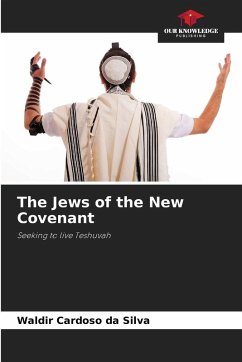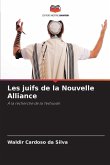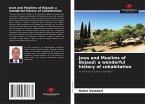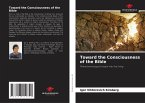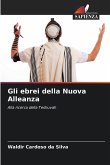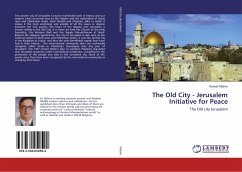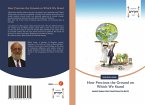During the 2000s, some viewers who were more attentive and interested in religious topics were surprised to come across a different kind of religious program on TV. The surprise was justified because this program stood out from the rest, as it was neither evangelical nor Catholic. In addition to the recurring use of Hebrew terms and expressions, its presenters and participants identified themselves and dressed as Jews. However, their sermons did not only mention the Torah, the holy book of Judaism, they also mentioned the writings of Brit Chadashah and often referred to a certain Yeshua HaMashiach. The surprise grew when viewers discovered that the book mentioned was the New Testament and that the character mentioned several times was Jesus Christ. That's right! Jews on television reading the New Testament and claiming to believe in Jesus. The book's proposal is to investigate the religious experience that has been designated by the Jews of the New Covenant as Teshuvah. In particular, it sought to understand how this process led a community, which at first had a predominantly Christian perspective, to migrate to a "Jewish" perspective.
Bitte wählen Sie Ihr Anliegen aus.
Rechnungen
Retourenschein anfordern
Bestellstatus
Storno

